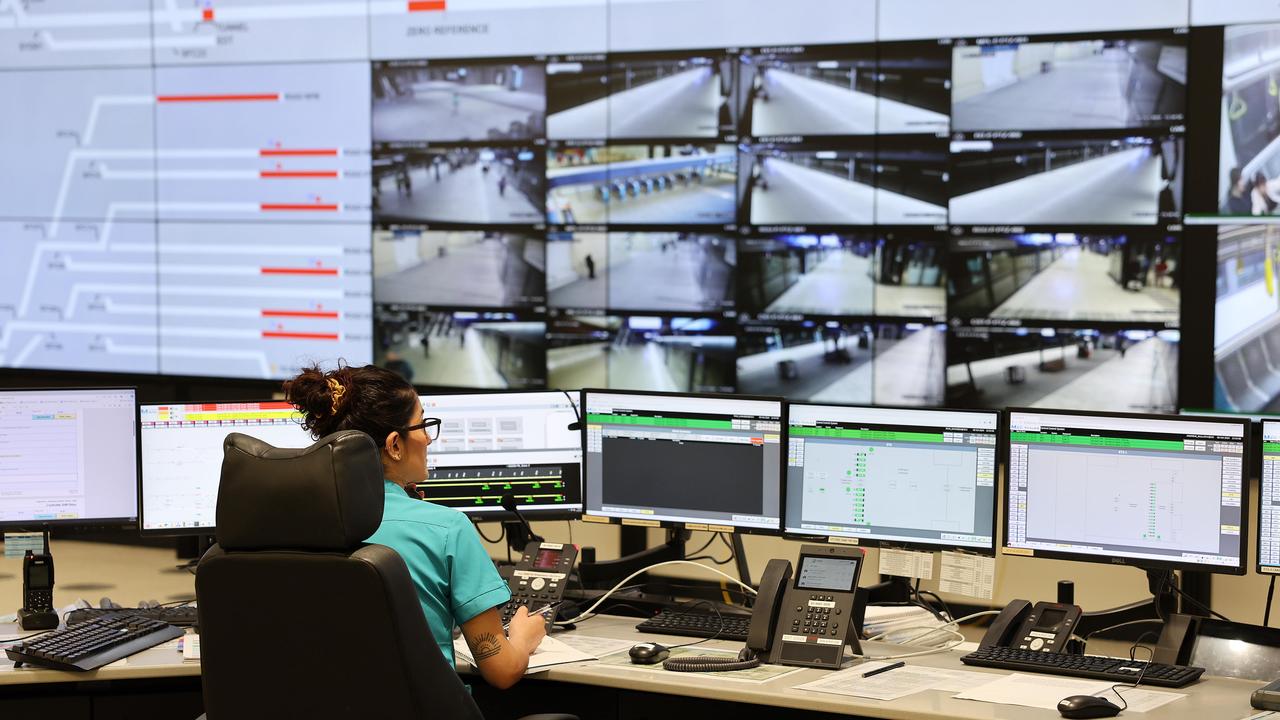Labour crisis spreads across WA mining industry
Labour shortages and workers sidelined by Covid-19 are a rising risk for the mining industry, clouding the ability of producers to make accurate forecasts.

Business
Don't miss out on the headlines from Business. Followed categories will be added to My News.
A string of West Australian miners have raised concern over labour shortages and workers sidelined by Covid-19 as an increasing risk for the industry, clouding the ability of companies to give shareholders accurate production and sales guidance.
Silver Lake Resources shares slumped by more than 10 per cent in intraday trade after the gold and copper producer withdrew its 2022 sales guidance, blaming WA’s restrictive Covid lockouts for staff shortages.
The gold and copper miner said the “severe disruption” of Covid-related labour shortages in March and April had exacerbated the already tight labour markets and broader supply chain constraints.
“As a result of the prolonged and continued uncertainty regarding Western Australia’s response to Covid-19 and the implementation of a proportionate response to any future variants, Silver Lake believes it is unlikely to see an influx of international and interstate skilled workers returning to the WA mining sector in the foreseeable future in preference to employment opportunities closer to home,” Silver Lake said as part of its March quarterly production results.
Silver Lake said it had withdrawn its 2022 sales guidance as “it cannot predict fourth-quarter operating performance with an acceptable level of confidence for stakeholders to rely on”.
The company’s shares fell 11 per cent before recovering slightly to close 6.3 per cent lower at $1.88 on Thursday.
Iron ore giant Fortescue Metals also flagged labour constraints as an issue.
Fortescue chief executive Elizabeth Gaines said the decision of the WA government to delay the reopening of the state border by a month, to early March, had also had a significant impact on its ability to source interstate labour.
After delivering Fortescue’s quarterly report, she said the delay to the border reopening had most affected pipeline construction teams.
Similar problems have hit WA lithium producer Pilbara Minerals, with the miner recording lower March quarter production of spodumene concentrate that it blamed on staff and contractor shortfalls due to Covid alongside the tight labour market.
Those issues have also sparked uncertainty over its June quarter production, with Pilbara saying Covid “has and may continue in the near term to cause operational delays, including staffing shortages for both shutdown and operating staff across mining and processing”.
Ken Brinsden, managing director of Australia’s biggest pure-play lithium producer, told The Australian on April 22 that excess demand was pulling on a “very tight market”, which is driving lithium to record prices.
While WA lifted its hard border on March 3, mining executives have pointed to troubles finding skilled labour and called for Australia to lift its skilled immigration intake to ease a growing skills crisis across the sector.
Evolution Mining downgraded its annual production guidance a week ago after revealing that more than a quarter of the workforce at its Cowal gold mine had tested positive for Covid-19 in the March quarter.
Both BHP and Rio Tinto posed lower production levels from their iron ore operations due to the spread of Covid-19 through their workforce, as well as labour market deficits, with Whitehaven Coal boss Paul Flynn also pointing to the tight market for skilled labour as a risk for both production and cost guidance.
While migration levels have not yet become a factor in the federal election, business groups have called for a review of the nation’s skilled intake since Josh Frydenberg’s March budget showed the government planned to maintain the 2022-23 migration program at 160,000, albeit with a rise in the proportion of skilled workers.
Fortescue rose 8.1 per cent to $21.73 on Thursday, while Pilbara Minerals rose 3.5 per cent to $2.69.
Originally published as Labour crisis spreads across WA mining industry




